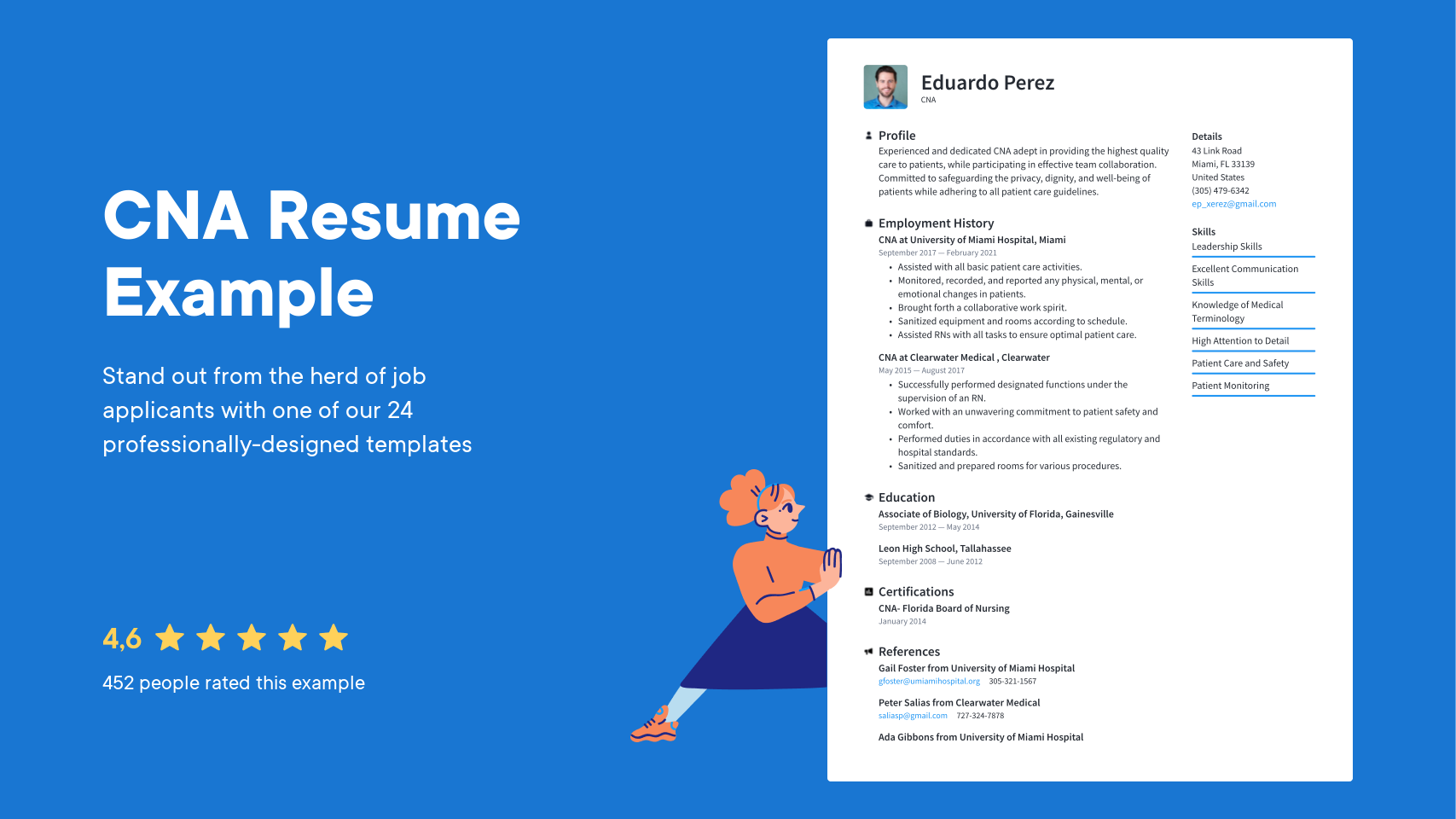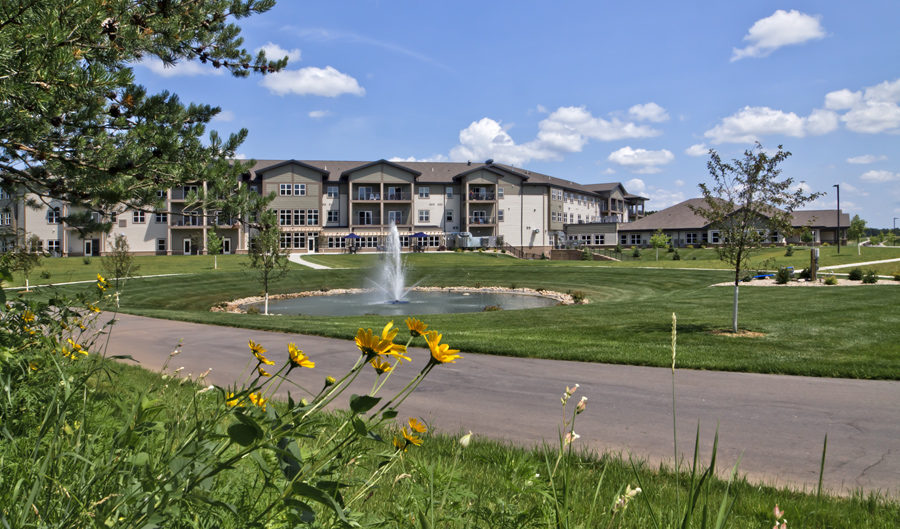
If you ever wondered what a licensed practic nurse (LVN), does, then you aren't alone. LVNs work in healthcare facilities and are tasked with providing care to the ill, injured, convalescent, and disabled. They are also responsible for maintaining patient charts.
LVNs monitor patients' vital signs
LVNs are responsible to provide safe, compassionate, and focused nursing care. They must pay attention to the needs of each patient and assess their own skill and knowledge. When making assignments, LVNs must take into consideration the safety of the patient. They are trained to respond to signs and symptoms of deteriorating health.
A LVN is responsible for many tasks such as monitoring the vital signs of patients and maintaining patient records. They assist patients with personal and hygiene care as well as administering injections and catheters. They may assist with bathing and dressing, administer medications, inject IVs and give emotional support. Although the scope of practice of an LVN varies depending on their specialty, they must work under the guidance of a registered nurse/physician.

They keep their records up-to-date
Safe maritime practice includes keeping LVNs' charts up-to date. Not only do LVNs require the most up-to date information, but also they need to be able recognize and apply relevant notices on the charts they use. Infraction of SOLAS can lead to the ship being in danger. Port state control officers may be required to take action.
They communicate with patients and their families
You will have many opportunities as a licensed vocational nurse to provide patient care. You'll have the opportunity to help with both routine and specialized procedures and interact with patients, their families and friends. Many opportunities exist for LVNs to progress, including those in nurse practitioner and physician's assistance roles.
LVNs who work in emergency departments have special tasks related to emergency patients. These nurses need to be able communicate effectively with their patients and families. They should also be able use medical machinery to ensure patient safety and efficiency. They also help ensure the operation of the emergency rooms runs smoothly.
They communicate with RNs
LVNs help patients by providing medical aid and communication with RNs. They are responsible for monitoring patients, taking vital signs and preparing medication. They also help with routine lab testing and work closely with physicians on staff. The close relationship between the LVN and patients provides a high level of on-the-job satisfaction. LVNs also contribute to nursing's core values by promoting health, healing, and hope. They enjoy varied and diverse working environments and numerous opportunities for professional growth.

An LVN can relay orders to you from a physician assistant. But you must confirm each order with your physician. LVNs should perform CPR if a patient is in serious condition. LVNs cannot pronounce a patient's death but may follow a physician’s instructions for post-mortem and death pronouncement.
They work on weekends, nights, and holidays
LVNs provide patient care in a variety of ways. Their tasks can include triage, preparing patients for examinations, drawing blood and collecting laboratory tests, and patient education. They must also be flexible and willing to work nights, weekends, and holidays. LVNs usually work full time, but they may need to work nights and weekends for certain positions.
LVNs are often employed in hospitals and nursing homes, where they provide basic health care and comfort measures. They may work during weekends and holidays, and may work alongside registered nurses or doctors. Some LVNs may also be available to patients in their homes.